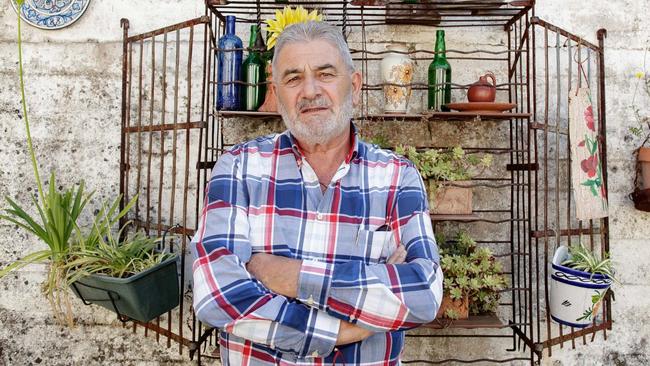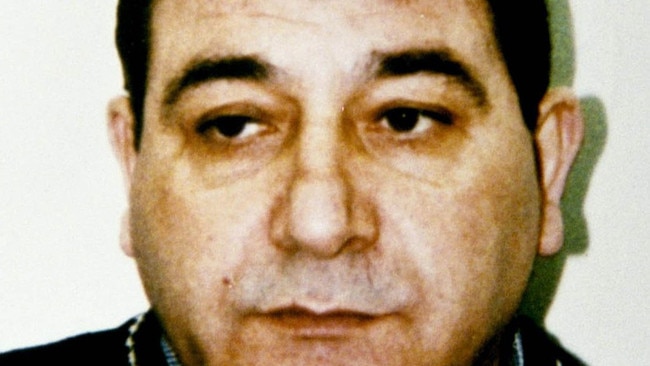Jailed drug kingpin sues Netflix over portrayal as cocaine trafficker
Convicted ‘narco’ godfather from Spain’s drug-smuggling clans is suing Netflix for $2.5 million over his TV series portrayal as an impotent and violent cocaine trafficker.

A convicted “narco” godfather from the drug-smuggling clans of Spain’s northwest coast is suing Netflix for $2.5 million for portraying him as an impotent and violent cocaine trafficker.
Laureano Oubina, 77, who was released in 2017 after serving 22 years in prison for trafficking hashish, claims that the television series Cocaine Coast (Farina) caused him “moral damage”.
“The life of Mr Laureano Oubina has worsened considerably since the broadcast of this series because he is portrayed as a person capable of taking the life of another, violent, sexist, a cocaine trafficker, impotent, vicious, unfaithful, a bad father, a bad husband, a brute, foolish, vengeful, an abuser of women, ignorant and a mafioso,” said Jorge Paladino, his lawyer.

Cocaine Coast gives a fictionalised account of the rise of Galicia’s narco-clans in the 1980s and 1990s in the region’s lush inlets and Atlantic waters. In the 1940s Galician clans smuggled items such as sugar and soap from Portugal. Two decades later the trade moved to American tobacco but then evolved into smuggling hashish from Morocco and cocaine from Colombia.
The series, which premiered in August 2018 and reached 2.5 million Spanish homes, opens with Oubina, who was considered the largest transporter of hashish among Galician traffickers, and his wife in their luxurious rural estate, Pazo de Baion. The mansion was seized and sold by the state for $25 million in 2008.
The drug smuggler took particular offence at the “explicit” depictions in the series of his sexual relations with Esther Lago, his late wife. One of them shows him unable to perform during a conjugal prison visit.
He says the series also makes “fun” of him - for example, by claiming that he kept money in a water tank and that when the tank broke the money was scattered throughout a local town. These inventions “ridicule the plaintiff” and “do not correspond to the truth”, his lawyer said.
Diego Avalos, Netflix’s lawyer, said that it was Oubina himself who said “that he does not aspire to clean his image ‘because there is no caustic soda to clean it’ ”. The prosecutor’s office has asked the judge to dismiss Oubina’s claim, stating that the contents of the series are under the protection of the “right to freedom of creation”.
The Times







To join the conversation, please log in. Don't have an account? Register
Join the conversation, you are commenting as Logout